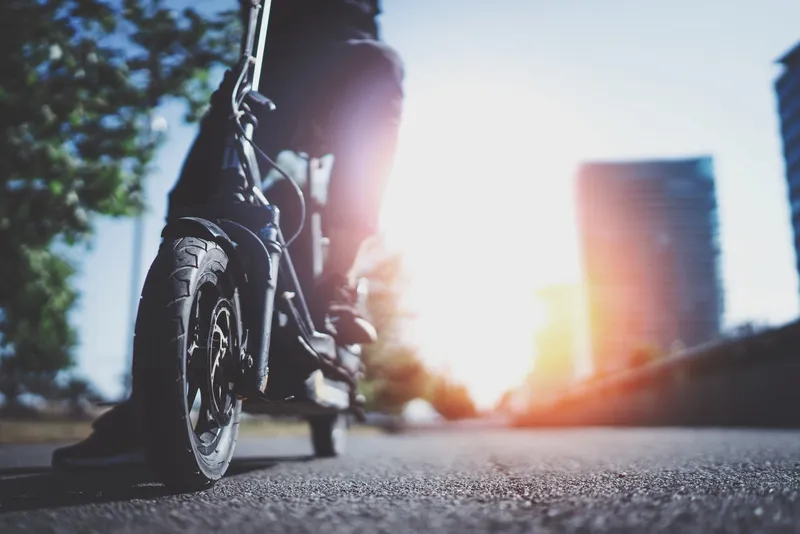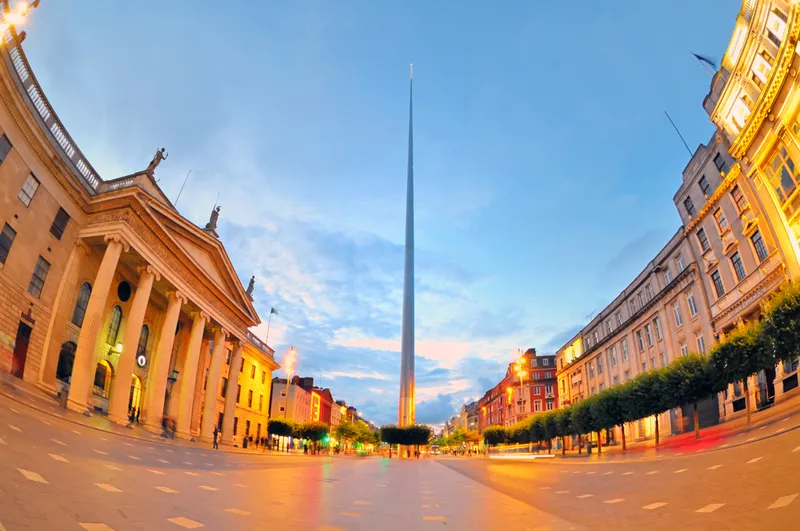
An electric scooter coalition has formed to aid the development of a policy framework in Europe that will support the transition to zero-emission urban mobility.
Members of Micro-Mobility for Europe (MMfE) will address issues such as congestion and tailpipe emissions associated with urban travel in collaboration with the cities where they operate.
The coalition has identified urban mobility, data governance and circular economy as their top priorities to ensure that shared micromobility is a part of European Union (EU) policy developments in the coming years.
MMfE says the data generated by micromobility providers helps cities to better understand, regulate and plan for traffic flows, use of public infrastructure and space as well as necessary changes to improve road safety and mobility services.
MMfE members include Bird, Bolt, Dott, FreeNow, Lime, Tier, Voi, and Wind.
Wind representative Catriona Meehan says: “Micromobility has revolutionised urban mobility and established itself as an essential alternative to personal car ownership and use. The coalition is a key milestone in working together as one industry towards a healthier, more sustainable and less congested future for European cities”.
Alexander Jung of Bird, says: “As the large majority of public space is dedicated to (car) infrastructure we need to rethink how public space in cities is used, and we look forward to contributing to this important discussion.”










